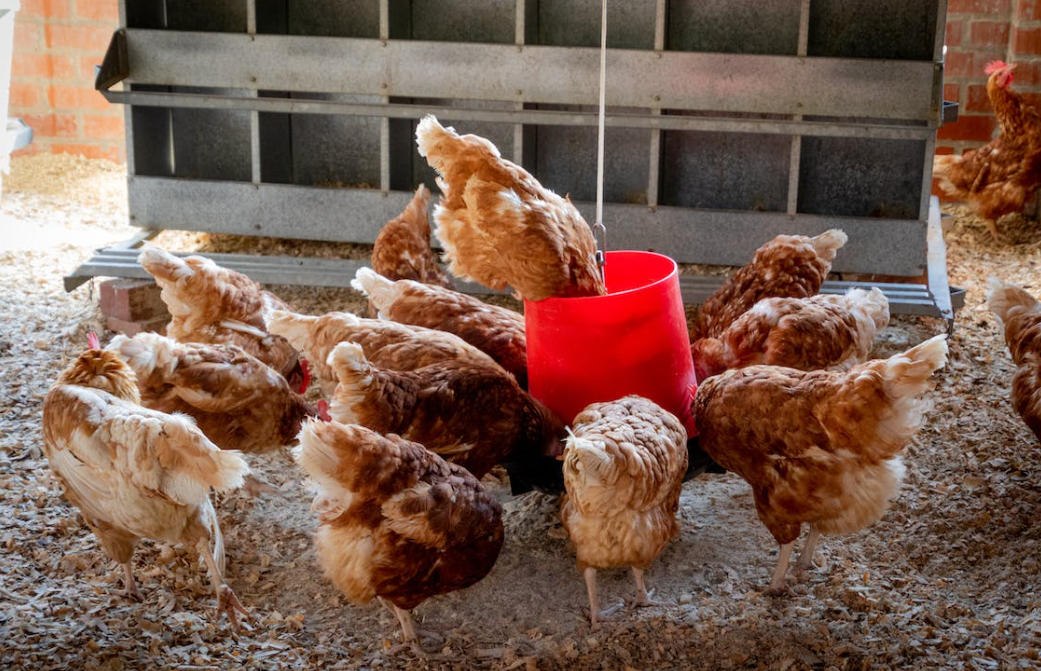According to the The European Food Safety Authority (EFSA), post-vaccination surveillance is “crucial” for detecting outbreaks of avian influenza and proving disease freedom.
The EFSA was asked to give an overview of “effective” surveillance options and risk reduction measures for avian influenza.
The scientists at EFSA assessed the risk reduction measures and evaluated if the available surveillance strategies could demonstrate freedom from the disease, which enables the safe movement of poultry.
The experts looked at surveillance strategies for preventive vaccination scenarios, setting out the target species of poultry, the number of animals to be tested, the diagnostic method, and the sampling period.
EFSA
In the case of emergency vaccination for highly pathogenic avian influenza (HPAI), the scientists concluded that surveillance schemes for the early detection of new outbreaks should consider the poultry type and flock size to be effective.
The EFSA added that to prove the absence of the disease, monthly virological testing of up to 15 dead birds is recommended to safeguard the movement of poultry.
Both vaccinated and unvaccinated flocks should be subjected to passive surveillance.
Experts from the EU reference laboratory and the EFSA worked closely to recommend the most appropriate diagnostic tests for surveillance according to vaccine type, vaccination strategy, and the scope of the surveillance.
Head of EFSA’s Biological Hazards and Animal Health and Welfare unit, Frank Verdonck said:
“Vaccination is an important tool in the fight against avian influenza and is recommended as part of an integrated disease control approach.
“Maintaining a high level of biosecurity remains essential. Raising awareness among farm owners can help to ensure that any changes in poultry production or increased mortality are promptly reported and acted upon.”
In a previous opinion, published in October 2023, the EFSA gave its scientific advice on available HPAI vaccines for poultry and suitable vaccination programmes.
EFSA’s advice aims to help risk managers to make decisions at a European and national level on effective surveillance strategies to implement in vaccinated areas.
